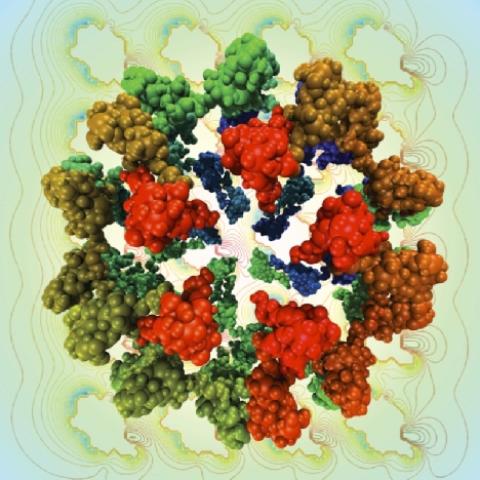Seminar | October 7 | 2-3 p.m. | 180 Tan Hall
Prof. Teresa Head-Gordon, UC Berkeley, Chemistry / BioE / CBE
Berkeley Nanosciences and Nanoengineering Institute
The combinatorial size of chemical molecule space, which compounds under variable synthetic, catalytic, and/or non-equilibrium conditions, is vast. This makes application of first principles quantum mechanical and advanced statistical mechanics sampling methods to identify binding motifs, conformational equilibria, and reaction pathways extremely challenging, even when considering better physical models, algorithms, or future exascale computing paradigms. If we could develop new and robust machine learning approaches, ideally grounded in physical principles, we would be able to better tackle many fascinating but quite difficult chemical, biological, and materials systems.
At present, the application of machine learning to molecular sciences is still in its infancy, and I will describe applications ranging from to chemical shift prediction, nanoparticle shape detection, structural ensemble construction, new inhibitors against SARS-Cov-2 target proteins, and gas phase reactions exemplified by hydrogen combustion to see where machine learning is having impact.
*****
Teresa Head-Gordon did her PhD at Carnegie Mellon and postdoc at Bell Labs, joining UCB in 2001. She has served in many research and advising roles on campus and at LBNL, and on the editorial boards of several leading journals.
victorr@eecs.berkeley.edu, 510-643-6681
Avi Rosenzweig, victorr@eecs.berkeley.edu, 510-643-6681

